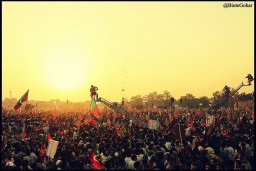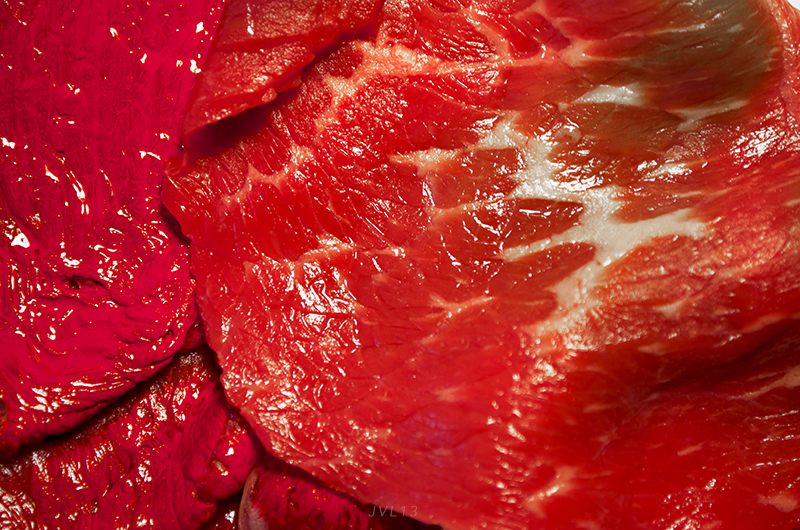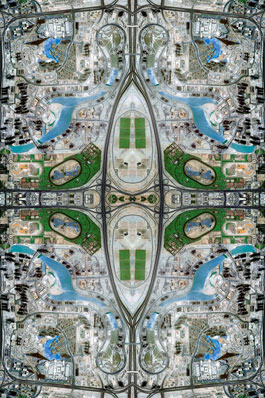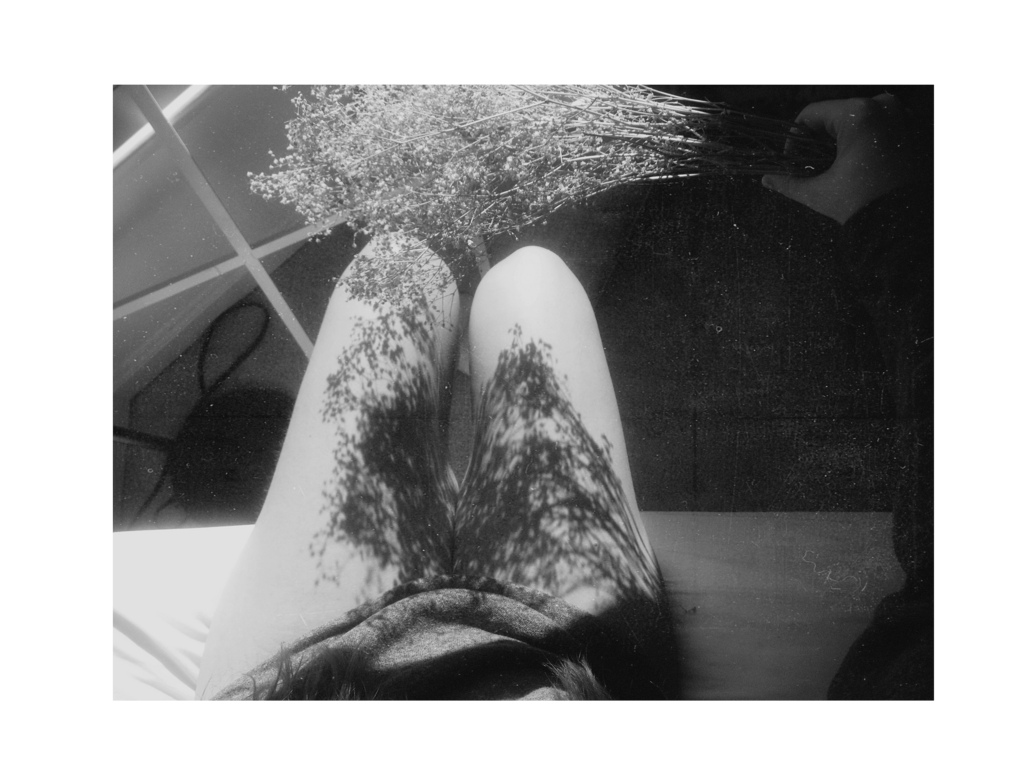
The most anticipated elections in Pakistan’s recent history have come and gone, giving the country their third term of Prime Minister Nawaz Sharif. Imran Khan’s PTI has come a distant third, with the PPP coming down to a second position far from Nawaz’s first. The PTI, however, won more than 30 seats in parliament. With a significant number of seats in the National Assembly and the Provincial Assembly of the Khyber Pakhtunkwa province, the PTI has altered Pakistani politics for good.
First, we must understand the causes of PTI’s apparent failure at winning a larger chunk of the pie. Analysts had given the PTI a shot at around 60 seats in the National Assembly, owing largely to Imran Khan’s whirlwind campaign tour of the country during which he often held five to seven rallies a day. Come election day, the PTI suffered at the hands of the Pakistani political system. It would be naïve to deny rigging complaints which the PTI has been raising, given the video evidence that surfaced after the elections.
Pakistan’s largest city, Karachi, witnessed electoral malpractices of the worst kind with already stamped ballot papers found at many polling stations. In the Punjab province, ballot boxes were even found in broken in garbage dumps. The PTI is claiming to be a victim of rigging for two primary reasons. One is the obvious, they are the ones who lost. Secondly, it is surprising to see that voter turnout jumped to 60% for the first time in Pakistan’s history, yet victory was handed to the same parties which earlier produced a 30% turnout for the past three decades.
Conspiracy theories aside, it can safely be said the PTI did not achieve as much as it could due to its electoral inexperience. Its volunteers were not ready to deal with the ground realities of the Pakistani electoral system which often involves illegal tactics, and a trained, shrewd ground force to stop them. Moving on from the grim realities, it is more important to see what the PTI has achieved.
After the PTI’s emergence as the third force in Pakistan’s tender democracy, to counter the decades old PML-N and the PPP, politics has become more about which is the better party, rather than which is the less bad. What this entails is that the PML-N now must perform above its past standards to retain its vote bank which now has a viable third option in the PTI.
The active participation of the middle class in politics, which was absent up till now, has injected a rejuvenated awareness in the system. Political parties are now on their toes, knowing that now even a minor scandal will put them in a fix. After the PTI’s emergence in Lahore in late 2011, the PML-N provincial government embarked on massive projects to maintain their vote bank. Laptops were distributed for deserving, less privileged students, and a metro bus project was completed in a record 11 months’ time. There is no reason to believe that a vociferous opposition in the Parliament will extract any less in the next five years.
What the PTI has achieved in Karachi is even more exciting. More than 90% of Karachi’s 20 National Assembly seats have been regularly won by the MQM since its inception in the 1980s. Of late, Karachi had become a battleground for the various political parties, with their militant wings fighting it out for a larger share in the city’s resources. Yet MQM always maintained dominance. And, until the PTI’s emergence, the MQM was under no threat of losing its seats in Karachi.
However, election results indicate that the MQM is now threatened PTI, that is now the second largest party in Karachi. This may just mark an end to the violent politics of the parties in Karachi as they now fear losing even more support to the PTI which has no militant wing, or at least no evidence of one. The PTI won one National Assembly seat from Karachi, and it was enough to cause a stir in the ranks of the MQM; which is now in the midst of a structural shake up orchestrated by the party chief Altaf Hussain.
Hence, there is reason for optimism as a third party has emerged. Beyond the tangible results of the elections, a change in the mindset of the population was seen: renewed hope along with more political activism.
The Pakistani population must not lose these sentiments, for political parties are molded by the people they claim to represent. A more active public will inevitably lead to more active politicians. The change many Pakistanis were hoping to see on the 11th of May was not supposed to be one that occurred in a day. It is one that will take many years, maybe even decades. Yet it is one that is now inevitable and the wheels have been set in motion. All the Pakistani nation has to do now is keep turning those wheels.
- Ahsan Chawla
Photo by Hafsa Gohar




